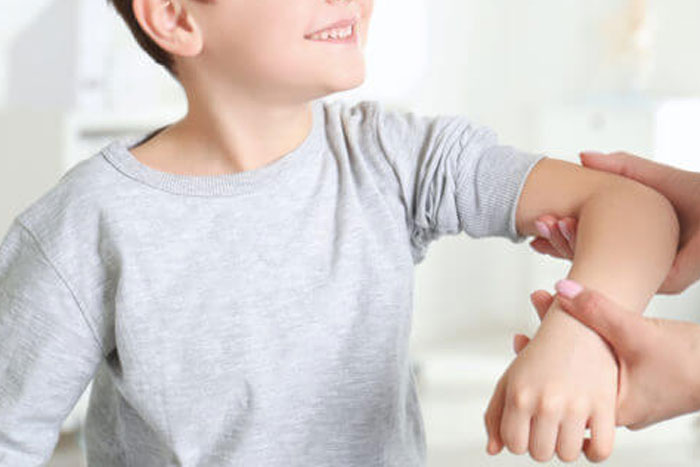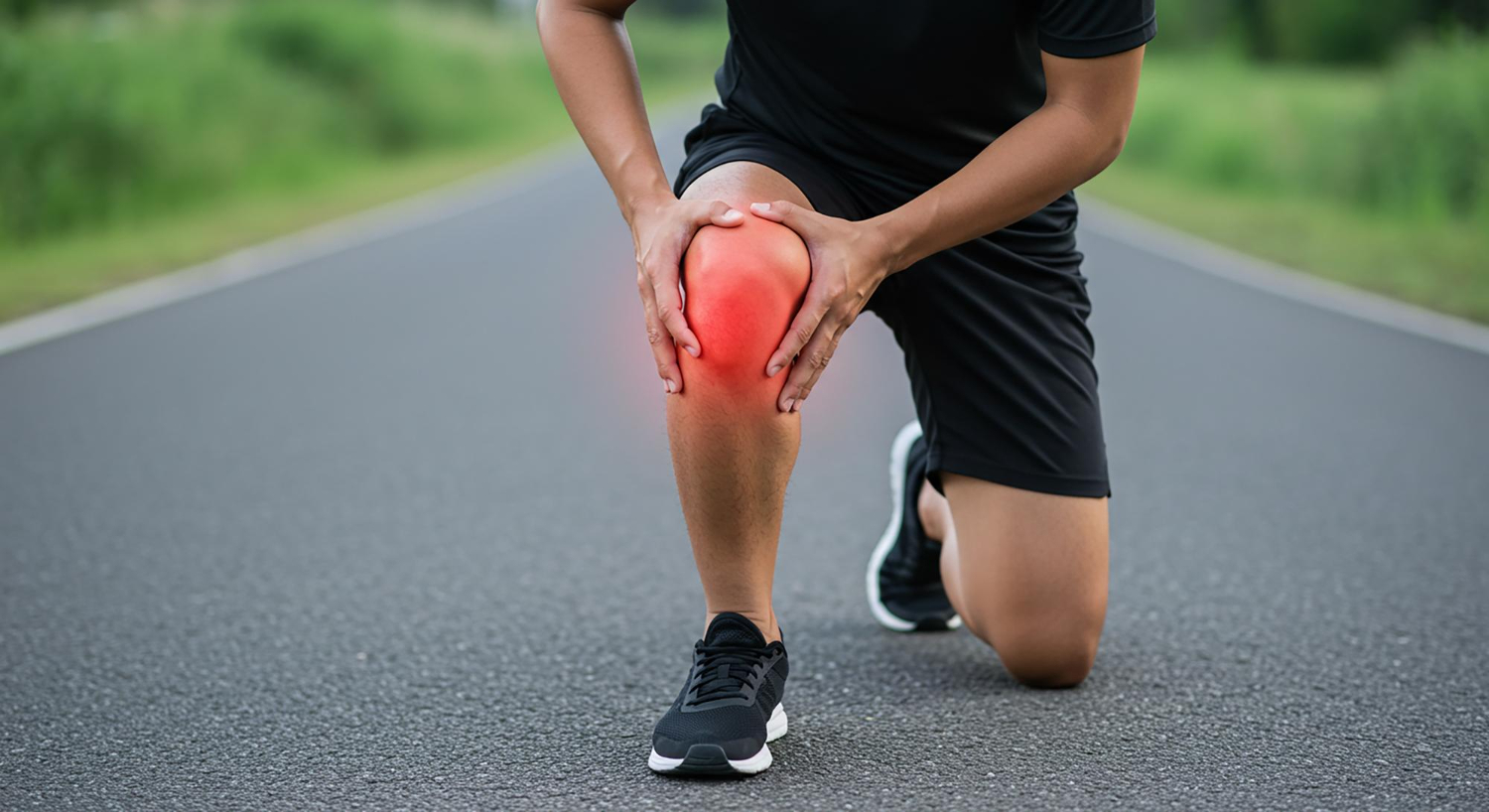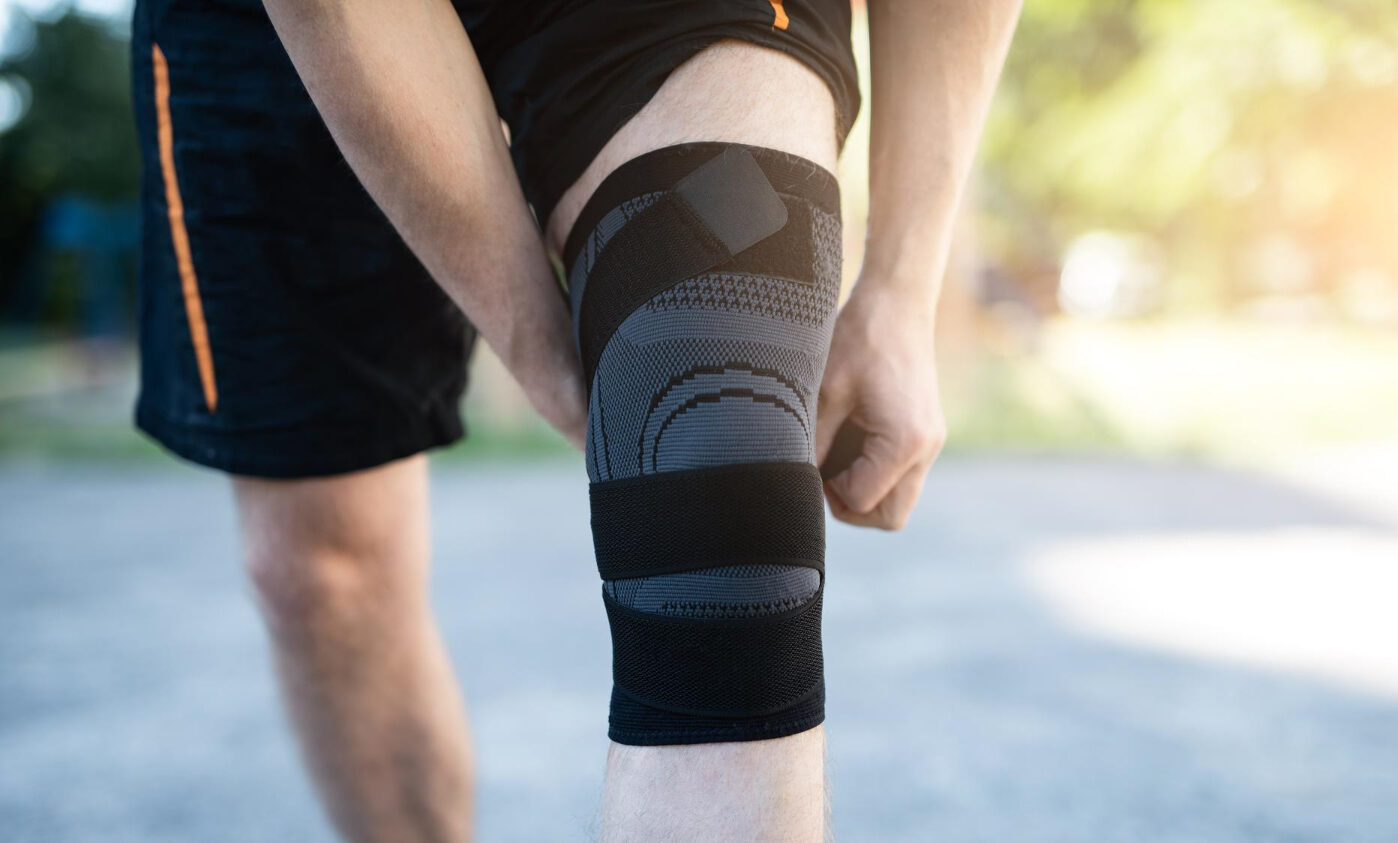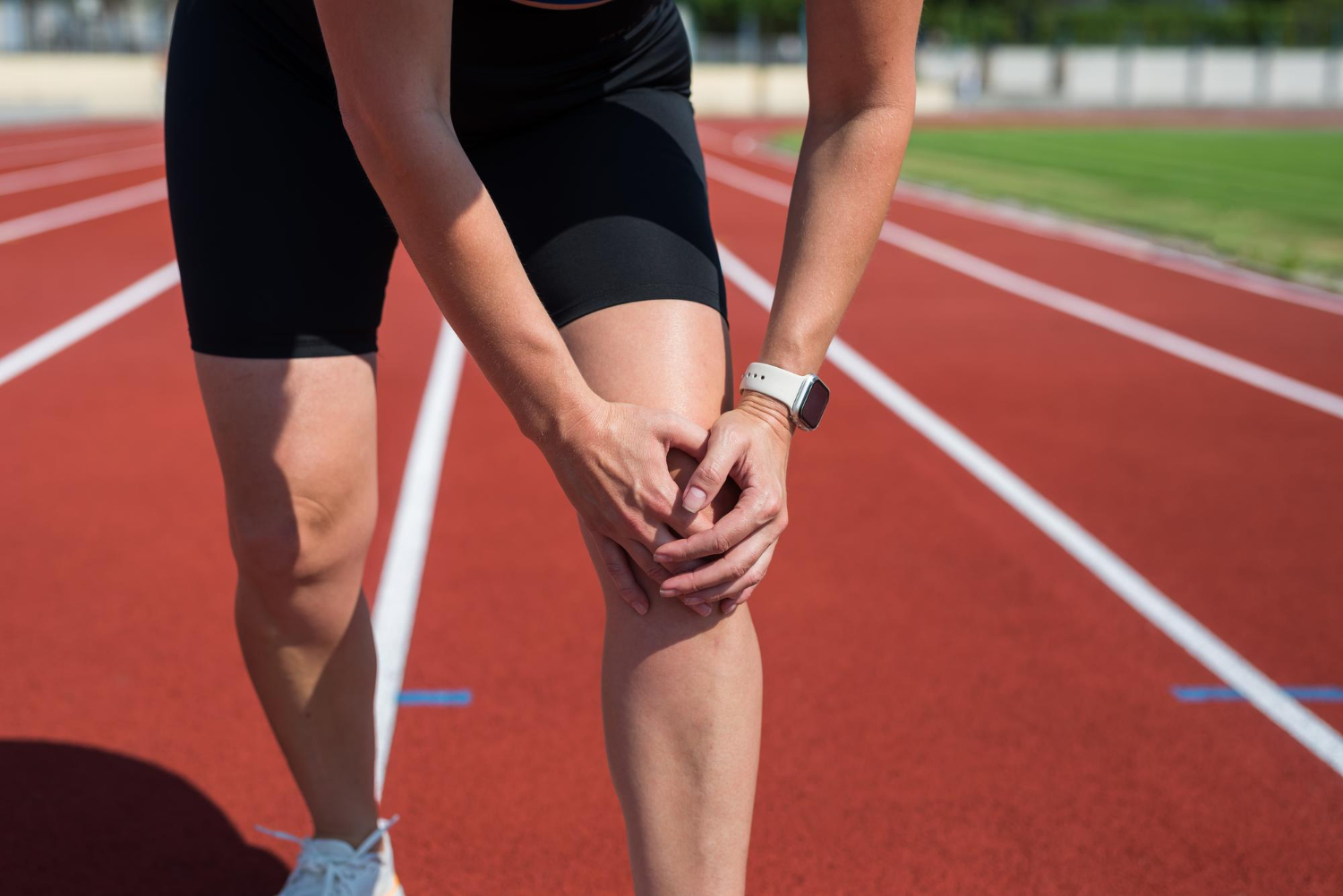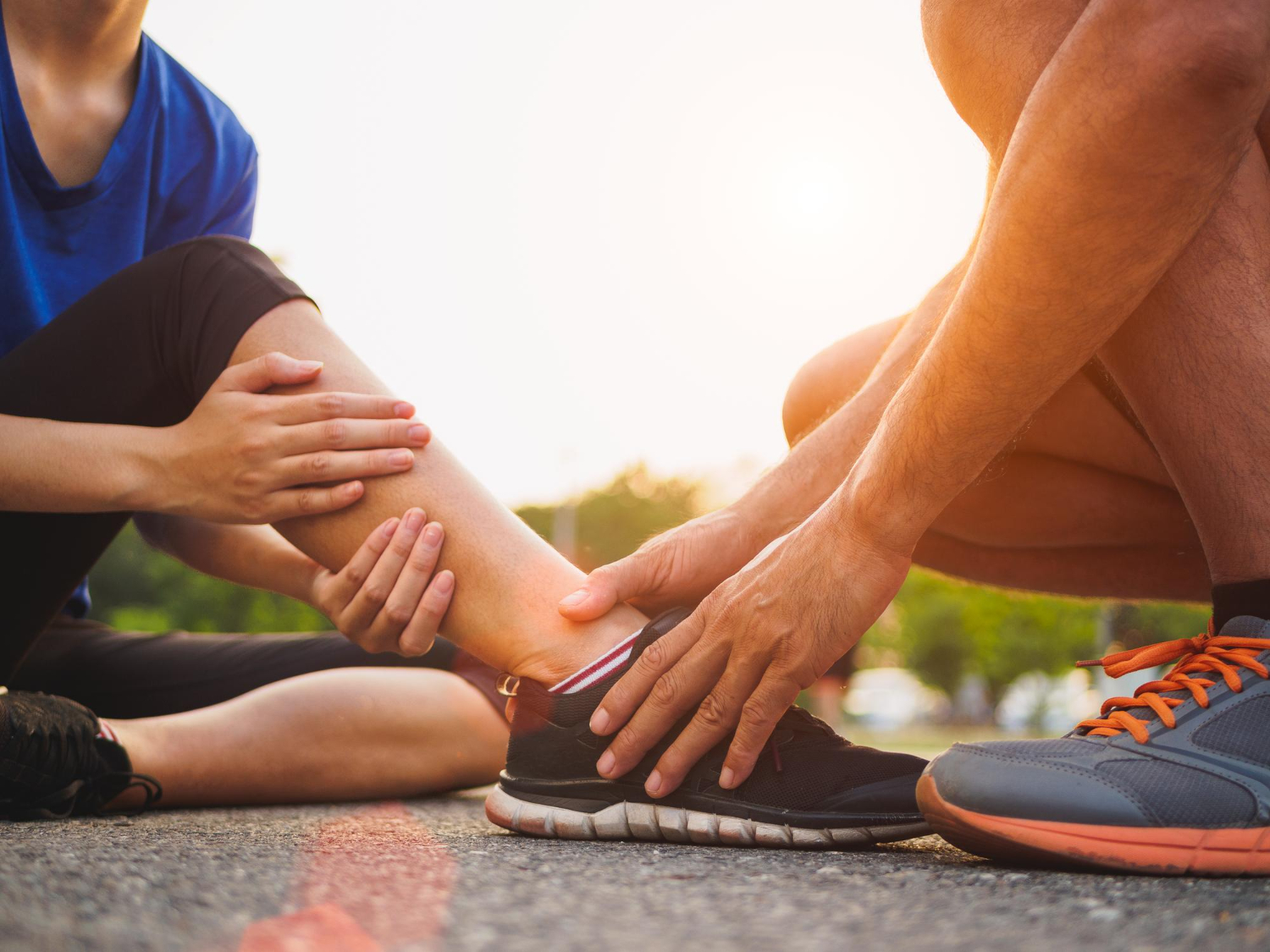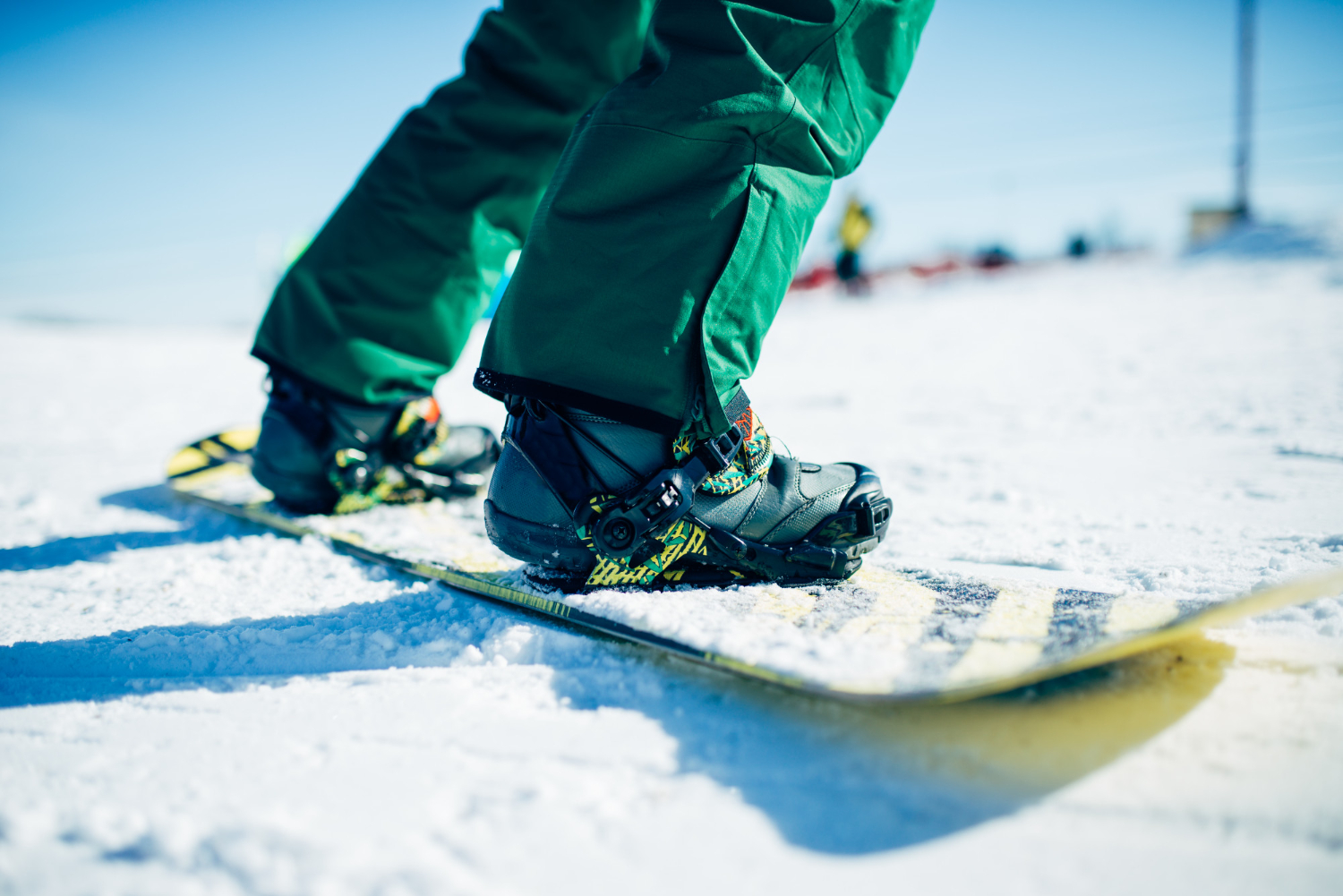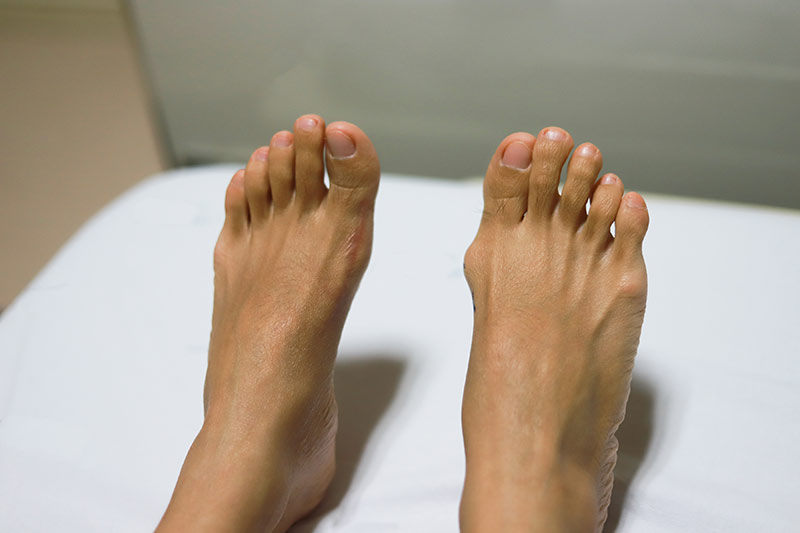As parents and caregivers, witnessing a child’s developmental milestones is a source of immense joy and pride. From their first steps to mastering the art of running, a child’s growth journey is a remarkable experience. However, beyond the joyous moments lie essential aspects that concern a child’s orthopaedic health, influencing their ability to move, walk, and grow properly. Understanding the correlation between developmental milestones and potential orthopaedic implications is crucial for ensuring a child’s overall well-being.
What are Developmental Milestones?
Developmental milestones are significant stages in a child’s life that mark their progress in acquiring various skills. These milestones include a range of activities and achievements, from motor skills to social and cognitive abilities. They are typically divided into categories: gross motor skills, fine motor skills, language, and social skills.
Relationship Between Milestones and Orthopedic Health
The achievement of developmental milestones is closely intertwined with a child’s musculoskeletal development. The journey from crawling to walking involves an intricate interplay between the nervous system, muscles, and bones. Any delays or difficulties in reaching these milestones could signal potential orthopaedic issues.
Walking and Orthopedic Implications
One of the most anticipated milestones in a child’s life is walking. It represents a significant shift from dependence to independence. However, learning to walk involves the gradual development and strengthening of the bones and muscles. Parents should observe the transition from crawling to standing and walking, as any irregularities or difficulties might indicate concerns like foot deformities, muscle weakness, or bone structure issues.
Crawling and Its Significance
Crawling is often an overlooked but crucial milestone. It helps in the development of core strength, coordination, and proper alignment of bones. Any delays or an inability to crawl might indicate potential orthopaedic problems that could affect a child’s posture or muscle development.
Posture Development and Implications
A child’s posture development is a fundamental aspect influenced by the achievement of milestones like sitting and standing. Poor posture might not only impact the alignment of the spine but could also result in muscular issues. Parents should encourage good posture habits early on to prevent future orthopaedic concerns.
Recognising Orthopedic Issues Through Milestones
Recognising potential orthopaedic issues through developmental milestones is vital. Persistent delays, difficulties, or abnormalities in achieving these milestones could be red flags. Seeking early evaluation and intervention from a paediatrician or orthopaedic specialist is crucial for addressing and managing these concerns effectively.
Ensuring Healthy Development
To promote healthy orthopaedic development, parents and caregivers play a vital role. Activities that encourage movement, coordination, and muscle strengthening are essential. Encouraging supervised play, providing a balanced diet, and ensuring proper rest are key components of supporting a child’s musculoskeletal health.
Understanding the relationship between a child’s developmental milestones and potential orthopaedic implications is crucial for proactive healthcare. By being vigilant about a child’s progress and seeking professional guidance when needed, parents and caregivers can play a significant role in ensuring a child’s overall well-being. Early intervention and support can make a profound difference in addressing orthopaedic concerns, allowing children to thrive and reach their full potential.

